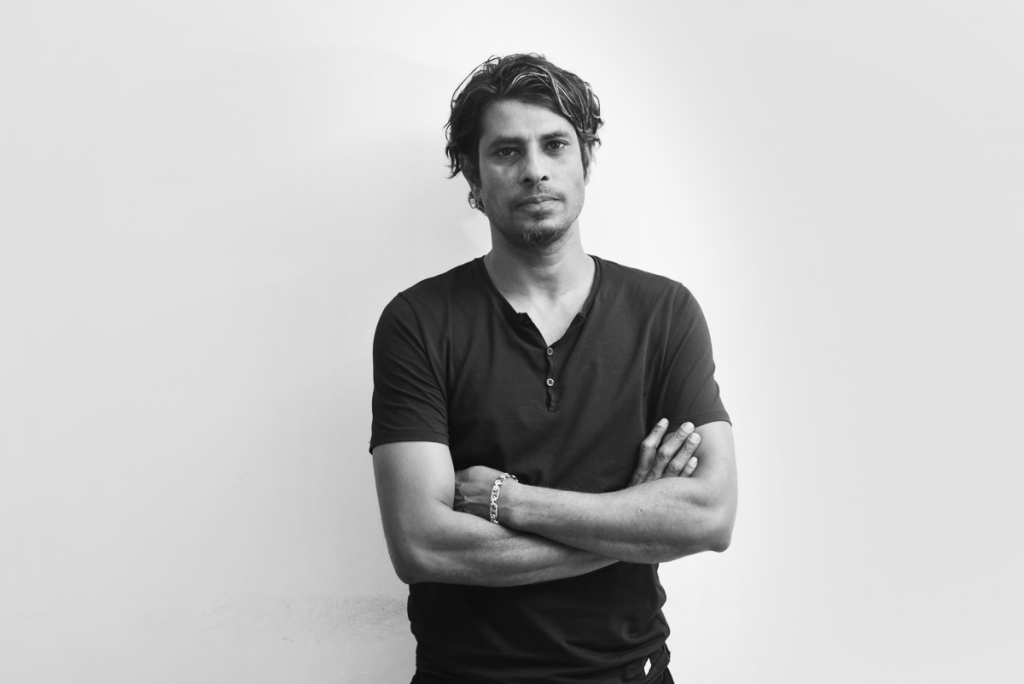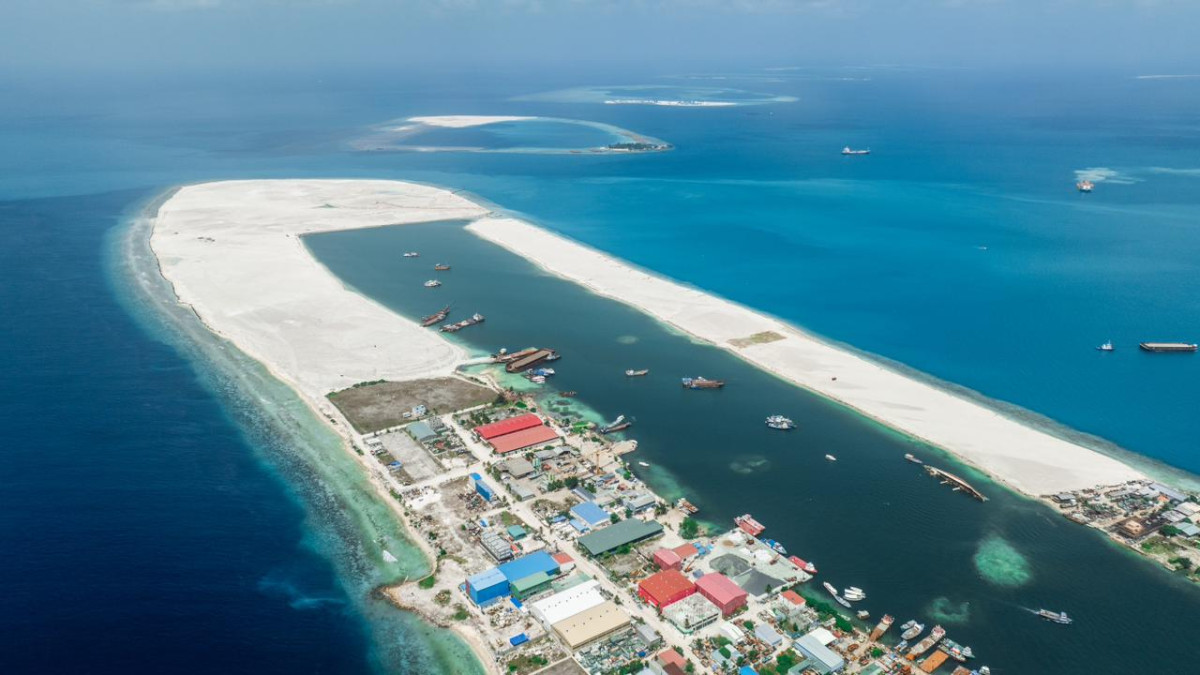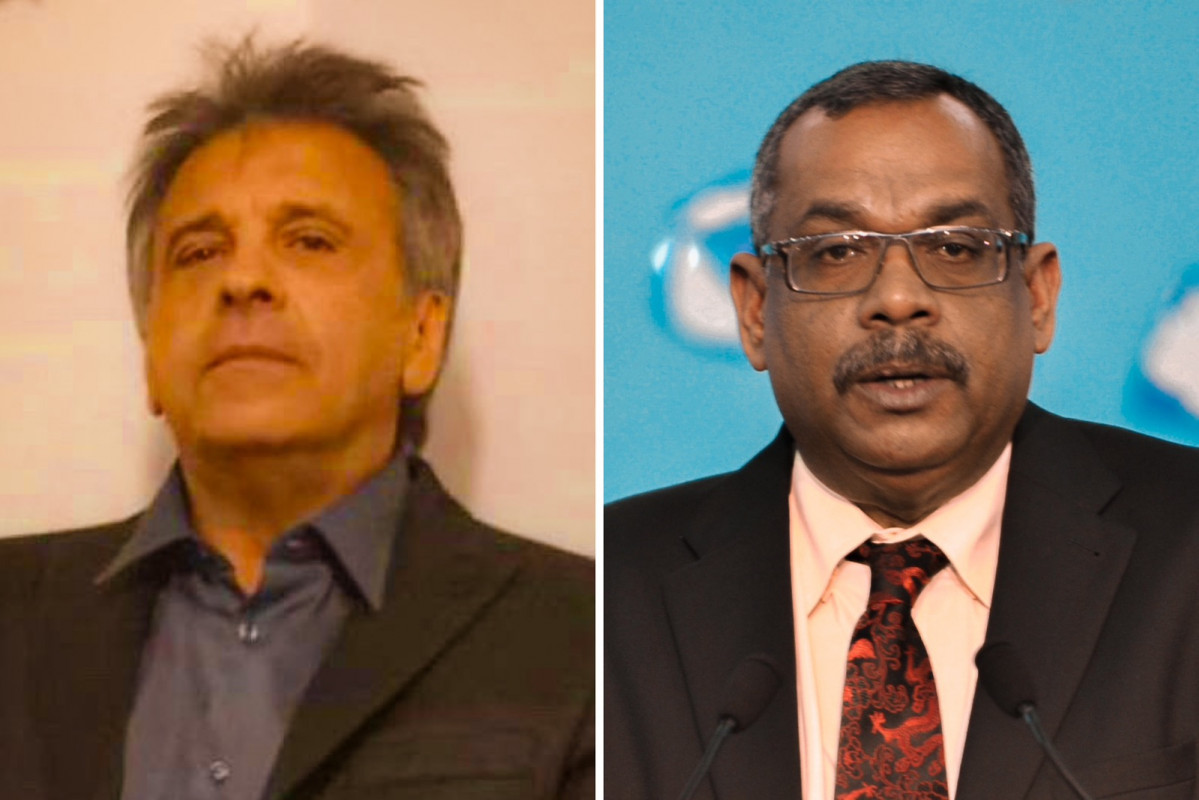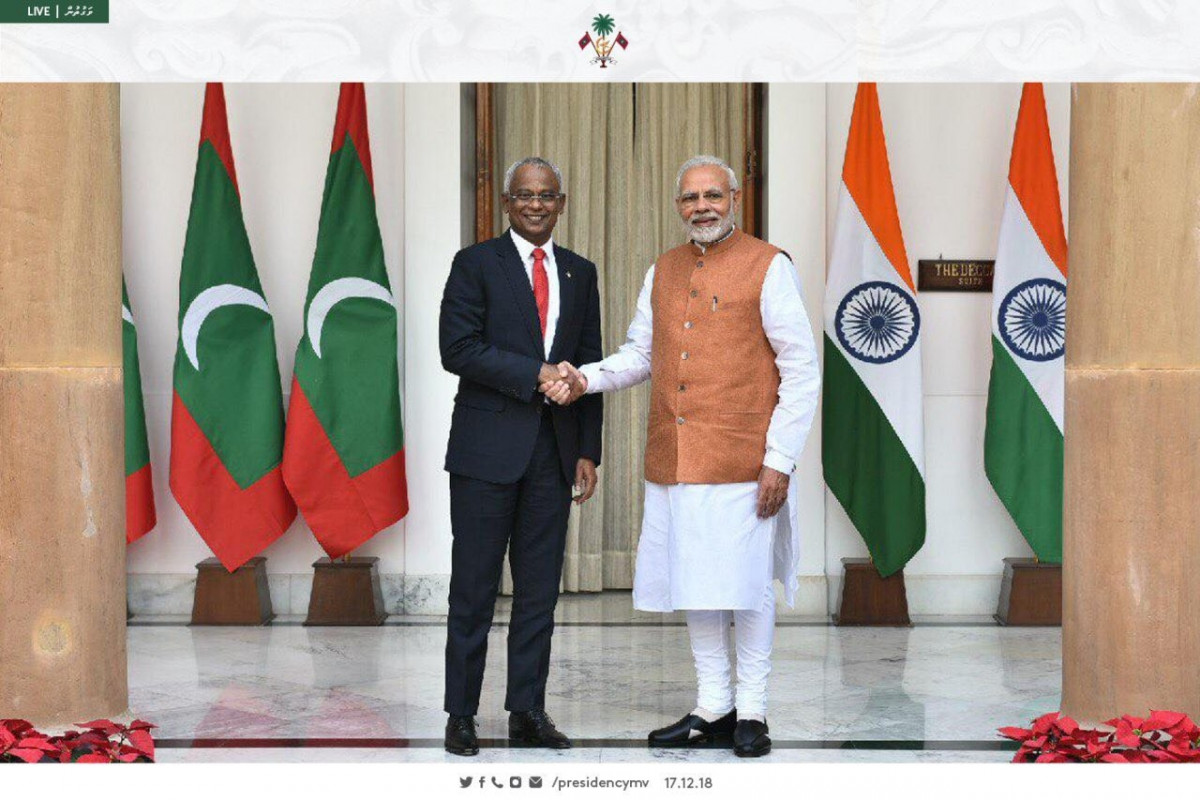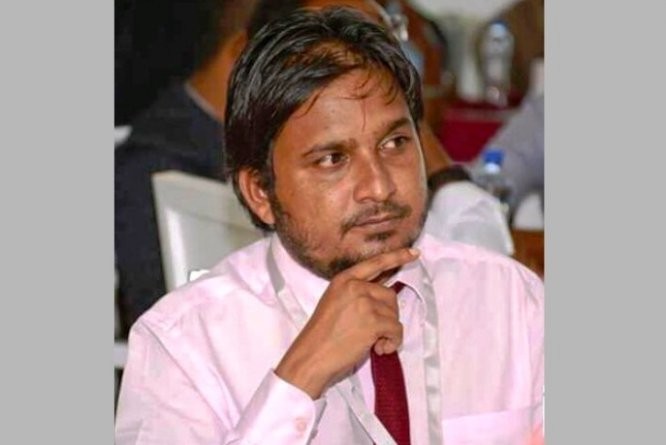Ensuring protection of natural environment, only way to win SDG race, says Pres.
The president called on the world to protect the environment and biodiversity, for “if we do not, our very lives are at stake”

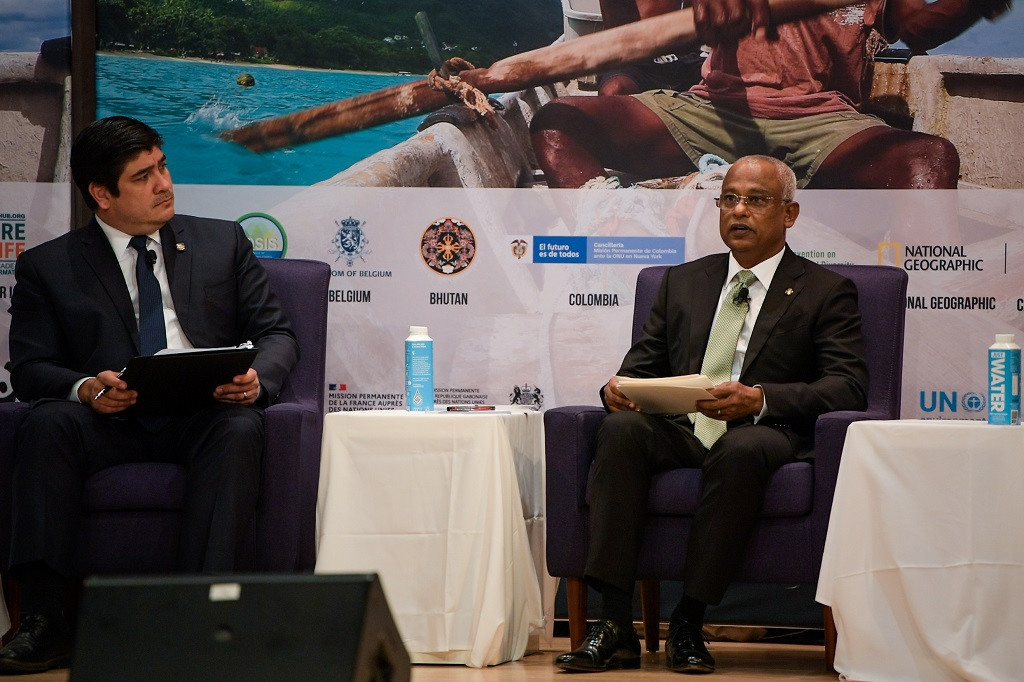
High-Level Event on Transformative Action for Nature and People on the sidelines of the 76th Session of the United Nations General Assembly
Sustainable Development Goals (SDGs) cannot be achieved in the absence of protection of the natural environment, says President Ibrahim Mohamed Solih.
Speaking at the High-Level Event on Transformative Action for Nature and People on the sidelines of the 76th Session of the United Nations General Assembly, President Solih noted that the world “we grew up in” has evolved, however it has not affected dependency on change.
Stressing that it is the duty of all to restore and repair damages inflicted on home on our own, President Solih added that the lives of humankind depend heavily on it.
The Maldivian president noted that the livelihoods of Maldivian are heavily dependent on the health of natural resources, going on to state that it drives the country’s tourism industry and provides for Maldives’ important sustainable fisheries sector.
The island nation’s rich biodiversity is responsible for over 80 percent of GDP and over 90 percent of exports and the country’s natural environment and biodiversity not only serve as the backbone of its economy but are also deeply rooted to the country’s culture and history.
He further noted that humankind is responsible for the heating planet, with an alarming increase and more intense weather events. Solih shed light on the importance of urgent action to address it, with this being said.
In addition, the Maldivian President urged global leaders to make strong commitments to address climate change and protect biodiversity and to align policies and economic strategies with these commitments.
The president called on the world to protect the environment and biodiversity, for “if we do not, our very lives are at stake”.
Further he added that concrete, ambitious action to protect, conserve, sustainably use and restore nature does exist, however, effective global action requires consistent multilateral and multi-level engagement to reflect the genuine care and concern of people for the land and waters.
